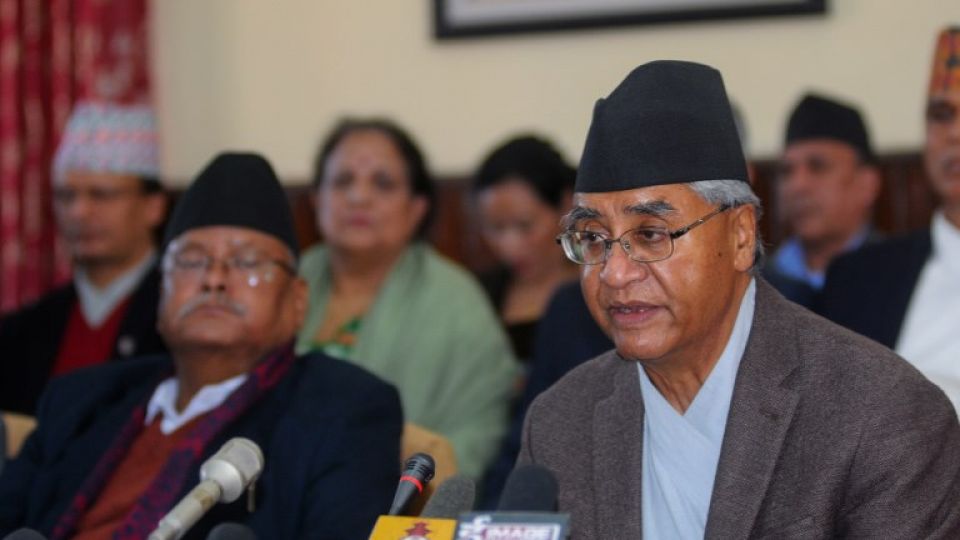February 23, 2018
As the new Nepali PM makes key appointments, expertise, and not loyalty alone, should be the key.
KP Oli’s first decision as prime minister was to order a review of all of the previous government’s policies and put many of its decisions on hold.The decisions that are likely to be scrapped include a variety of issues, but they are mostly focused on cancelling appointments.
For example, the new prime minister decided to closely monitor the recommendations made by the Deuba government for appointing three members in the National Assembly.
In addition, he plans to cancel appointments to Nepal Television, Gorkhapatra Sansthan, Rastriya Samachar Samiti, Film Development Board, Dairy Development Board and Nepal Family Planning Association.
As evident by this list, Oli’s sweep has been widespread, ranging across even organisations that are only loosely connected to the government. In the following days and weeks ahead, it can be expected that he will fill all of these positions and others with people he believes are loyal to him and his party.
It is the prerogative of all new prime ministers to appoint people they believe are capable and assist in the implementation of government policy and programmes.
There are usually far-reaching sweeps when new political leaders come to power, and oftentimes this helps in the implementation of the new governments’ decisions.
However, there are also dangers associated with such wide ranging decisions. This is especially true in countries that have weak institutions and where democracy isn’t particularly institutionalised. In such countries, governments that come to power through strong majorities often seek to undermine the autonomy of state institutions.
Elected leaders are bent on the expansion of their power, and they often have no compunctions in riding roughshod over principles such as the separation of powers to establish their dominance. Over time, such efforts lead to a high concentration of power so as to stifle democracy.
Furthermore, in countries like Nepal there is another danger: political appointments are often made on the basis of loyalty to the political leadership or in exchange for money or other favours.
This too leads to a severe weakening of the state. People who are appointed have often paid large sums for their positions, and their priority is often to recover those costs by engaging in corruption.
In such situations, properly fulfilling one’s responsibility becomes secondary. In many cases, the people appointed to key positions lack the knowledge or expertise to perform their tasks well.
The appointments that Oli is currently making can go one of two ways. If he appoints capable people and allows them independence to act, his prime ministership is going to be one that will strive towards results and performance.
But if he appoints people solely with the intention of expanding his power and in exchange for favours, Nepal’s democratic institutions will be further undermined and cronyism will set in.
We hope that he chooses the first path. Civil society and media will have to keep an eye on new appointments to see which path he will follow.
(This article originally appeared in the Kathmandu Post)


